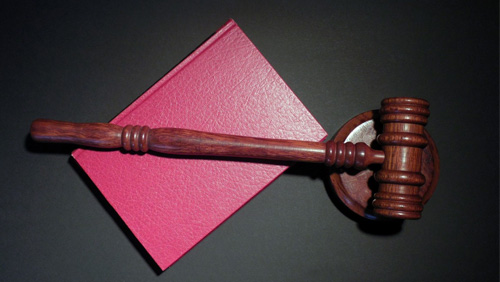 Rhode Island’s sports gambling program is unconstitutional and, therefore, illegal. This is the opinion of a former mayoral candidate in the state who apparently has more free time on his hands than common sense. The failed politician is taking the state to court and Rhode Island lawmakers are ready to defend their position.
Rhode Island’s sports gambling program is unconstitutional and, therefore, illegal. This is the opinion of a former mayoral candidate in the state who apparently has more free time on his hands than common sense. The failed politician is taking the state to court and Rhode Island lawmakers are ready to defend their position.
Daniel Harrop ran for mayor in Providence, Rhode Island, in 2014 and lost. He has apparently been on a mission to stay in the spotlight since and this is his latest effort. He argues, with the help of attorneys Brandon Bell and Joseph Larisa, Jr., that any changes to gambling activity in the state must be put to a vote by residents in accordance with the state constitution. As Rhode Island lawmakers, including Governor Gina M. Raimondo, signed off the sports gambling bill without such a vote, the activity must be considered illegal, asserts Harrop.
Harrop’s lawsuit is directed against the state, the state’s lottery and other agencies. However, lawmakers are confident they have legal precedent on their side and are going to try to have the lawsuit thrown out in Providence Superior Court.
According to the state’s constitution on the subject, Article VI, section 22, “Restriction of gambling. — No act expanding the types of gambling which are permitted within the state or within any city or town therein or expanding the municipalities in which a particular form of gambling is authorized shall take effect until it has been approved by the majority of those electors voting in a statewide referendum and by the majority of those electors voting in a referendum in the municipality in which the proposed gambling would be allowed.”
While it reads that gambling expansion requires a citizen vote, this is an interpretation, not a conclusive definition. Lawmakers can—and successfully have in other jurisdictions—that sports gambling is not an expansion of gambling but, rather, a part of the already accepted Class III gaming.
Harrop has a history of questionable actions. The physician has been defined as “quirky” by journalist Mark Patinkin and was found to have illegally evicted two Harvard students from a property he owned in the 1990s. An investigation into that eviction also resulted in Harrop being accused of “blatantly committing perjury.” He was also involved with questionable billing practices at a subsidiary of United Health Care in the 1990s that resulted in a fine of $66,000 being issued to the firm, as well as Harrop’s “transfer” out of his executive position.





